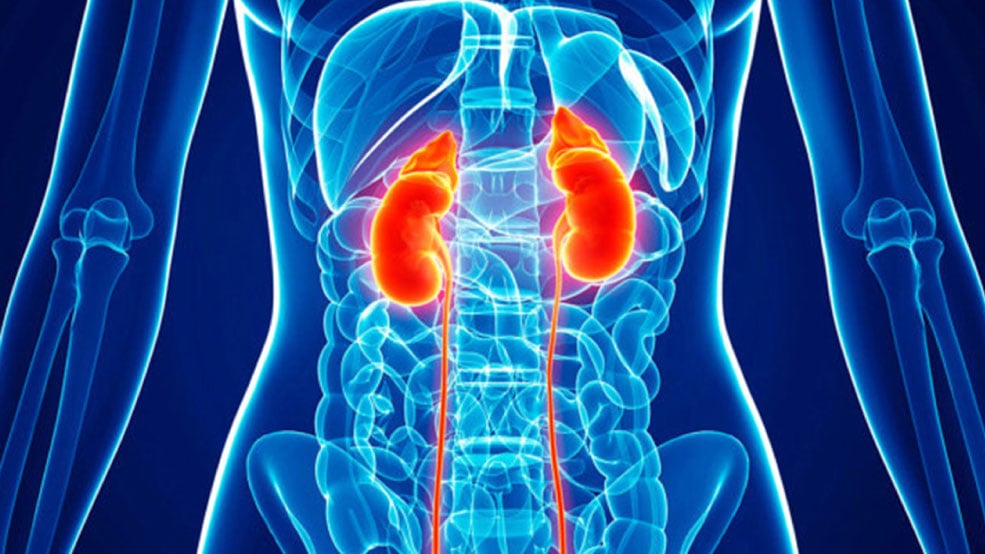Acute kidney injury (AKI) is an abrupt or rapid damage to the kidneys that affects the kidney's ability to filter wastes and fluid from the blood. This condition typically develops rapidly over a few hours or within 7 days. It is characterized by the sudden inability of kidneys to filter waste products from the blood.
The effects of AKI range from minor loss of kidney function to complete kidney failure. This type of kidney damage is most common in people who are already critically ill, hospitalized and those who need intensive care.
What are the causes of Acute Kidney Injury?
AKI is usually caused by reduced blood flow to the kidneys, especially in people who are already battling with other health conditions. AKI can also occur due to:
- Direct damage to your kidneys
- Decreased renal blood flow due to infection, shock or massive dehydration
- Obstruction of the ureter which makes it difficult for wastes to leave your body through your urine
- Glomerulonephritis – this is an inflammatory process in kidneys often caused by the body’s own immune system and can sometimes be triggered by infection or systemic disease.
- Exposure to substances harmful to the kidney such as drugs, toxins, and iodinated contrast agents used in some radiologic studies.
What are the signs and symptoms of Acute Kidney Injury (AKI)?
People with AKI usually do not exhibit any symptoms in the early stages other than producing low amount of urine.
However, as urea and other nitrogen-containing substances become more accumulated in the bloodstream, victims of AKI show symptoms such as:
- Fatigue
- Loss of appetite
- Nausea and vomiting
- Headache
- Dehydration
- Slight backache
- High blood pressure
- Abdominal pain
- Abnormal heart rhythms caused by marked increases in the potassium level
- Shortness of breath
- Swelling of legs, ankles or feet due to persistent fluid retention
What are the best treatment methods available for Acute Kidney Injury?
Treatment of AKI hinges on the identification and treatment of the underlying cause. Aside from the treatment of the underlying disorder, you also need to routinely avoid nephrotoxins (i.e. substances that are toxic to the kidneys).
These may include ibuprofen or naproxen, iodinated contrasts, and antibiotics such as gentamicin. In severe cases, admission to hospital is necessary.
This is usually accompanied by routine monitoring of the kidney function by serial serum creatinine measurement and monitoring of urine output by insertion of the urinary catheter. Dialysis may also be carried out to remove toxins from the blood.
Although the majority of people who recover from acute kidney injury end up having a normal kidney function, many of them go on to develop chronic kidney disease or long-term kidney failure as a result of the damage.
This, it is advisable to prevent acute kidney injury or to treat it as early as possible.

